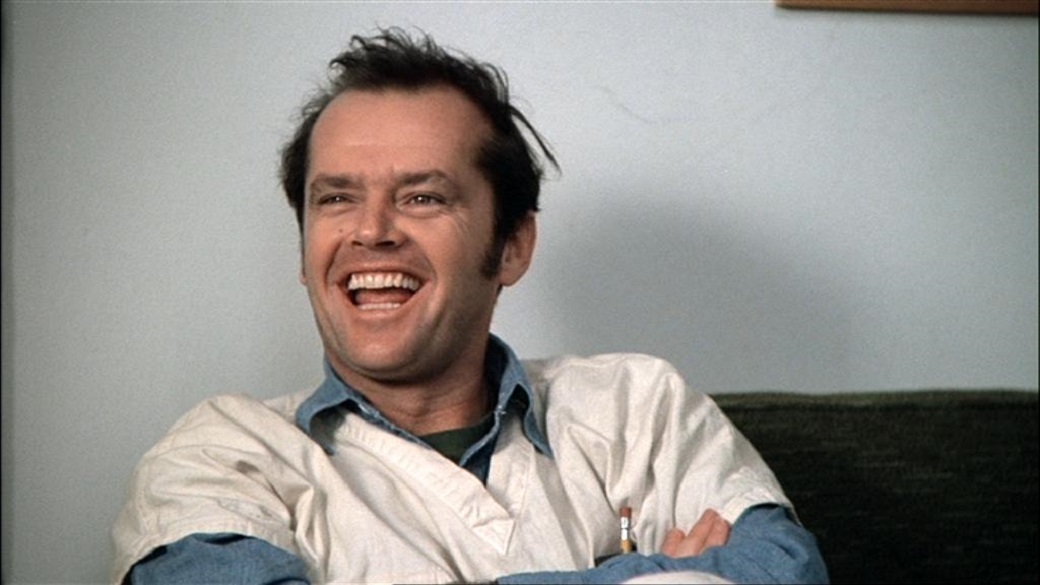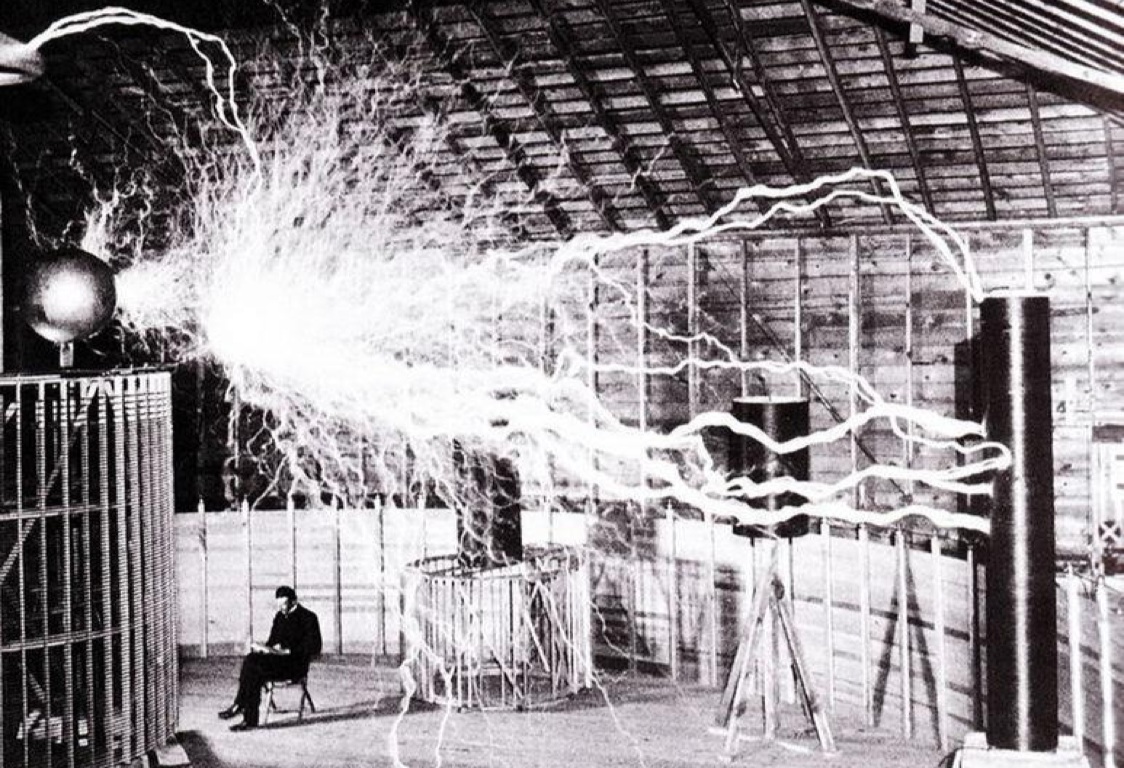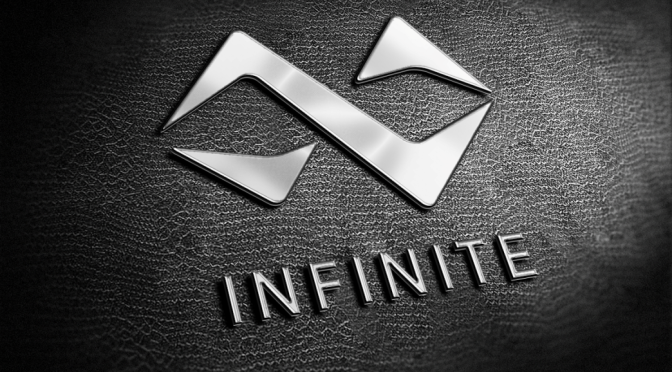By
David Cain of Raptitude
When one of my favorite radio hosts, Shelagh Rodgers (pronounced ‘Sheila’), announced on air that she was leaving her morning show to take some time off, she had a way of explaining why that left a lasting impression on me.
She said that for years, a colleague of hers (Peter Gzowski?) insisted on making frequent trips to a remote cabin up North, where he spent the time chopping wood, reading books and walking with his dogs. When she asked him why this ritual was so important to him, he said, “Well… I guess I really like who I am when I’m up there.”
Rodgers explained her departure by saying that the morning show had made the reverse true for her: the job required her to wake up at 3:30am, shuttle herself to the studio, and force herself into professional-mode hours before the sun came up, and she didn’t like who she was when she was doing that.
When I heard her say that, I was sitting in my office at work, and realized that I definitely didn’t like who I was when I was in there. I didn’t like who I was when I was on the phone with clients, or out talking to contractors, or sitting at pre-construction meetings. Without any better ideas at the time, I imagined that eventually I would need to build a cabin up north and escape regularly to chop wood and read books by a fire.
That thought — Do I like who I am while I’m doing this? — has visited me a few times a year ever since, and I’m finally seeing how crucial a question it is. We ought to ask it about everything we do regularly in our lives. If the answer is “No,” then it makes sense to ask how we ended up making it a regular part of our lifestyle, and whether it’s necessary or worthwhile.
You might think we’d naturally gravitate towards whatever activities do give us this self-affirming sense, but we seem to be driven more by expectations, gratification and momentum. Between watching a bad movie for the third time, and calling up a friend, we’re often inclined to go with the former, not because it promises a better day or a better life, but because we’re usually operating from more immediate incentives: predictability, ease, freedom from risk. The idea of doing something because it we like the person it makes us probably doesn’t enter the picture at all.
The question of “Do I like who I am when I’m doing this” is a different question from “Do I like doing this?” You might find some gratification in arguing online, or overeating, or staying home Saturday nights, but that doesn’t mean that you feel great about who you are when you’re doing them. We’re all very complex, and certain activities reward the avoidant or argumentative drives in us, while other activities reward our compassionate, wise and helpful sides.
We can easily fall into habits of doing any of these activities, so long as there’s some kind of reward for them. Years can pass before you notice something’s wrong; you’ve followed the wrong trail of breadcrumbs, and you don’t feel good about where it’s led you.
For example, over the last few months, I’ve noticed a dramatic difference in how it feels to be me, and I think it has a lot to do with how my habits changed when the cold weather arrived.
Every other day in the summer and fall, I went running in my neighborhood, and riding my bike almost every evening. I felt active, disciplined, and close to my community and city. I was more mindful, I walked everywhere, and I was preoccupied by thought less often. Essentially, I liked who I was while I was doing almost every activity that made up an ordinary day.
When winter arrived, the activities that made up my day changed. I stopped running when the sidewalks got icy. I started driving more and walking less. I stayed in more often during the evenings. I spent more time surfing the internet, developing an (in hindsight unhealthy) interest in global politics and the inevitable debates it inspires. My mental dialogue grew more pervasive and I developed a greater resistance to mindfulness.
As it got less hospitable outside, my activities began to supply greater amounts of gratification and comfort, and relatively little self-esteem. When it’s 4pm and you haven’t been outside yet, it’s hard to feel like you’re embodying your best qualities. This deficit only intensifies the need for comfort and gratification, and you gravitate towards more of it, when what you really need is more of the alternative.
We all have those moments where we feel like we’ve gotten away from our best selves. We might not know what’s gone wrong, but it’s clear something’s gone off, and we know we have to step back and reassess what’s important.
Often we respond to these lapses with a freshly written list of familiar “shoulds”, which many people compile perennially, just before January 1st — I should be exercising more, I should be reaching out more, I should be working on my book, I should be helping my community more. But these unfulfilled shoulds only deplete our self-esteem even further, until we’re either happily achieving them, or we realize that they’re not the problem. Self-esteem seems inextricably linked to the specific feelings of identity we get from the activities that make up our days.
Asking yourself, “What am I doing when I like who I am?” seems to me to be a more direct way to figure out what you need more of (and what you need less of) in life, regardless of what you think you should need. Often, the healthy, fulfilling things we’ve drifted away from are things whose significance probably wouldn’t occur to us, until we start doing them again and see how much they contributed to our well-being. You might not have even noticed that you really like the person you are when you’re with a certain friend, but you don’t see that friend much anymore. Perhaps your schedules have changed, and the personal routines that kept you in touch (poker night, or the book club) are no longer habits.
Combine this with a few other unplanned changes in circumstances — you got away from the gym over the holidays, you were given a new responsibility at work, you find yourself binge-watching the Sopranos again, oil paints have become too expensive for you to justify — and one day you notice something feels conspicuously off about your life, because how you spend your days no longer makes you feel like someone you’re proud to be.
I can see now (but only after thinking about it in this way) what’s so different about last summer and this winter for me:
I like who I am when I spent time outside in my neighborhood. I don’t like who I am when I argue about politics on the internet. I like who I am when I get up from meditation. I don’t like who I am when I’m staying in all weekend. I like who I am when I’m visiting my friends. I don’t like who I am when I’m quitting work early.
They’re all interconnected, and in this case the weather clearly is a catalyst. I haven’t gone off the rails, or lost a step, I’ve just responded to the cold unconsciously, in ways that have led me away from who I like to be.
Note that I may like, on some level, doing all of these things, but I don’t like who I feel like I am while I’m doing half of them. In the same way, there may be things I find difficult or strenuous, but which are rewarding in that I like who I am when I’m doing them. Chinups come to mind.
And there are many more truths of this kind to be known. You can apply that question to anything you do, or don’t do any more — do I like who I am when I’m doing that?
It’s clear to me now that this is an improved litmus test for identifying what’s truly important in our lives. It makes clear what’s likely to get you back into top form, if you feel like something has slipped. Compared to admonishing yourself to smarten up or try harder, this is like navigating life with a map and compass, rather than simply moving toward whatever terrain looks most inviting from where you are.
You don’t have to understand quite why certain things hit the spot in this sense and others don’t. You just have to ask the question while you’re out living your life, and the vital pieces start to reveal themselves.
David Cain of Raptitude







 1.) You have the ability to transform boundaries into horizons
1.) You have the ability to transform boundaries into horizons
 3.) You play with jest as opposed to seriousness
3.) You play with jest as opposed to seriousness “When individuals try to balance self-interest with a consideration of the bigger picture, they discover, as Socrates did, that deep self-interest actually includes
“When individuals try to balance self-interest with a consideration of the bigger picture, they discover, as Socrates did, that deep self-interest actually includes “Raise your words, not your voice. It is rain that grows flowers, not thunder.” ~ Rumi
“Raise your words, not your voice. It is rain that grows flowers, not thunder.” ~ Rumi